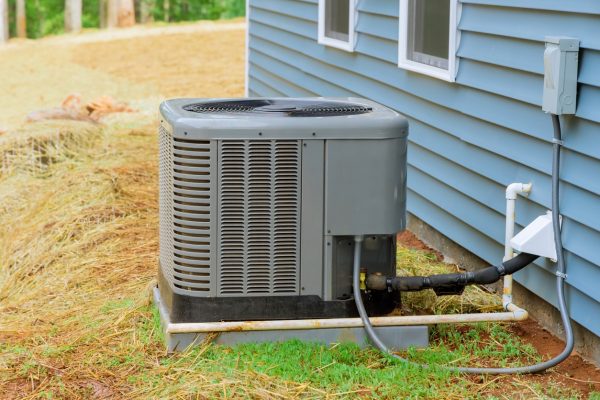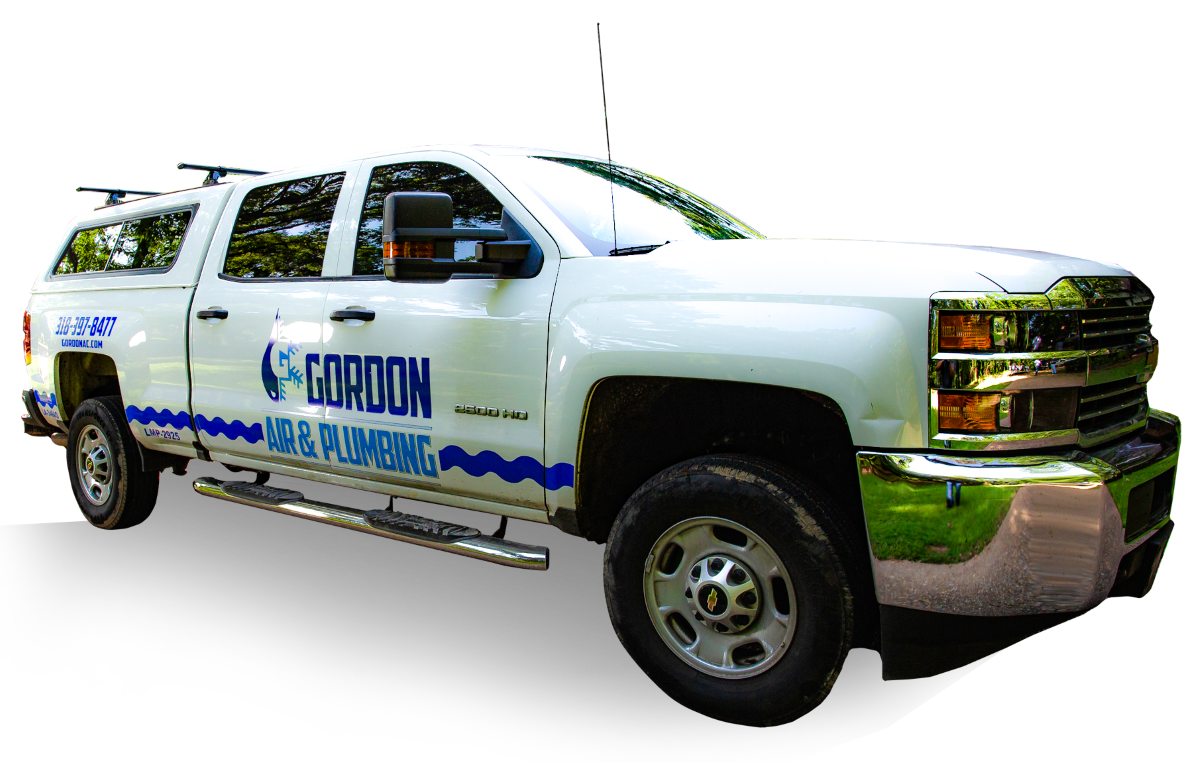This summer, many parts of the United States will experience scorching temperatures and rising humidity, both of which can easily turn a home into a sauna. Along with causing physical discomfort, indoor humidity can lead to a host of problems, including mold growth, musty odors, and damage to your furniture and electronics. It’s good to know that your trusty air conditioner can do more than cool the air. It can also act as a dehumidifier. If you’re expecting a humid summer this year, here are three steps for using your AC to dehumidify your living space.
1. Check for ‘Dry Mode’
If you have a newer AC, it may already be equipped with a “dry mode” feature that’s specifically designed to remove excess moisture from the air. Check your AC unit’s settings or owner’s manual to see if this option is available and, if so, how to activate it. Once engaged, dry mode will continue circulating the air without cooling it. Warm air is pulled over the cold metal coils within the unit, causing excess humidity to condense onto the coils. This is what allows your AC to draw moisture out of the air and reduce ambient humidity.
2. Lower Fan Speed
An AC that has been switched to dry mode will have a reduced fan speed. If your AC lacks this function, you simply lower the fan speed manually. Doing this allows your unit to draw in air and hold it for a longer period of time, which provides a longer opportunity for excess humidity to collect around the inner coils. After the air has been pulled through the system, it will come out of your unit with much less moisture than before.
3. Slightly Raise Temperature
Along with lowering fan speed, raise the temperature setting by 1 or 2 degrees. This recreates the warm-versus-cool conditions of dry mode, which are necessary to trigger condensation inside your AC. For best results, experiment with raising the temperature gradually until you find a comfortable balance between indoor temperature and humidity control.
More AC Tips for Dehumidification
When your AC pulls double duty as a dehumidifier, proper maintenance is the key to keeping it functional and efficient. Change your air filter once a month, or more frequently if you experience extremely humid summers. Clogged air filters can trap humidity inside your air ducts and prevent the air from moving into the AC unit for dehumidification. If your AC is located outdoors, inspect it regularly and remove any debris like leaves, sticks, or yard waste that can interfere with air circulation.
Get Professional Help
To avoid experiencing a cooling system failure in the middle of a heat wave, get an expert opinion on whether your air conditioner is up to the task of dehumidifying and cooling through the summer, or if you need an upgrade. For more information about AC installation in Monroe, LA, call our licensed technicians at Gordon AC & Plumbing.



